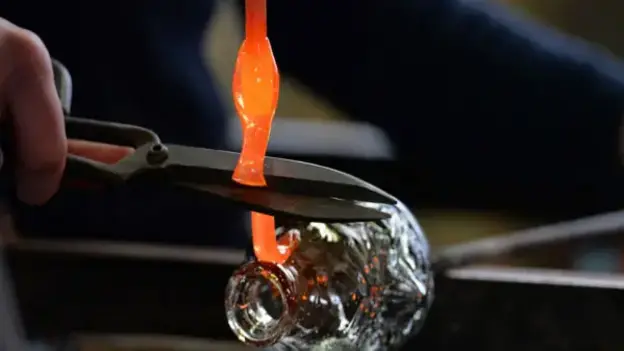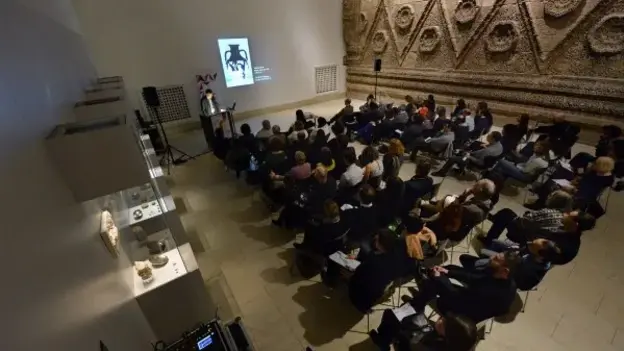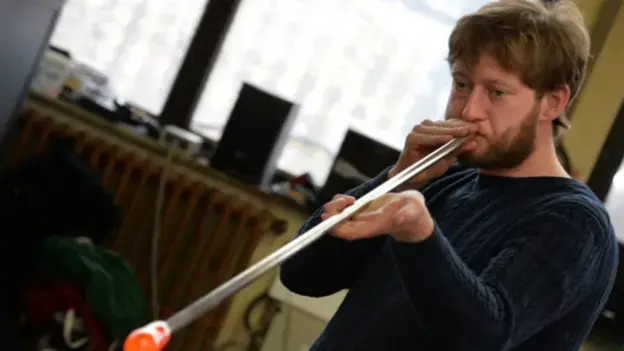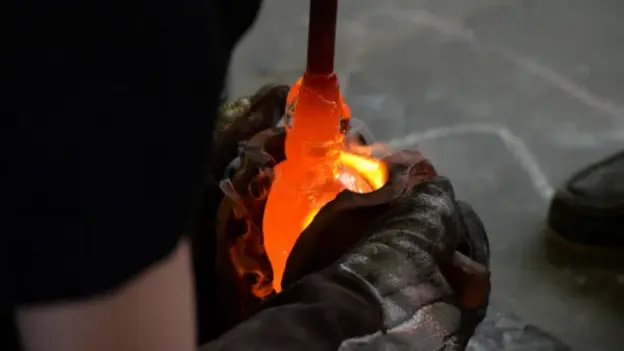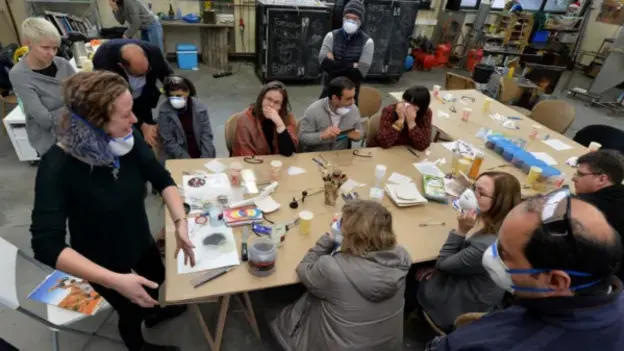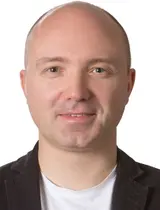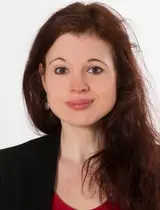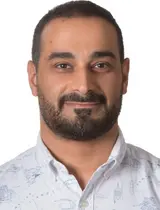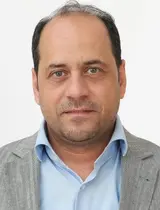Working Group Project
Glass Blowing and Glass Art in the Middle East and Europe
Lectures & Workshop
Mold-blown glass as a Mediterranean success story
It was a ground-breaking innovation of the first century AD: The use of the blowpipe and closed molds revolutionized the early glass industry in the Roman Empire. Compared to the time consuming technique of free-glassblowing, this invention has accelerated and refined the manufacturing of glassware. Ennion, a renowned and prominent glassworker from Sidon, now in Lebanon, had the most skillful hands at that time. He produced multi-panel mold-blown glass vessels that were known for their complexity of shapes and decorative motifs. The thin-walled glassware was not only highly sophisticated, but also resulted in substantial cost savings in materials. Ennion’s vessels and techniques were rapidly exported to the Western parts of the Roman Empire. Complete and fragmented examples have been found in France, Spain and Germany. Manual glass production can be considered as a shared intangible cultural heritage between Europe and the Arab world.
Contemporary glass artists follow the tracks of former craftsmen and have become global travelers between Western and Eastern glass art traditions. The Working Group Common Challenges & Common Heritage has invited researchers and artists to bring attention to historical and contemporary approaches of glass art production in a lecture program.
Lecture program
Dr. Dedo von Kerssenbrock-Krosigk (Museum Kunstpalast/Glasmuseum Hentrich)
The Meaning of Glass - What Did People Think When They Thought About Glass in Mesopotamia, Egypt & Ancient Rome
Dr. Andrea Becker (Museum für Islamische Kunst)
Super - Cali - Fragilistic: The Raqqa Experience
Nadania Idris (Berlin Glas e.V.)
Safeguarding Glassmaking as an Important Intangible Heritage in the Middle East
Ali Kaaf (Syrian Artist)
Paper and Glass
Hands-On Workshop: In the foodsteps of ancient glassworker Ennion
Nowadays, the techniques and motifs of Ennion still continue to attract attention. The German glassblower Torsten Rötzsch works with reconstructed molds like the ones in Ennion’s glass workshop. In a glass blowing demonstration, using ancient techniques to produce authentic replications of Ennion’s glassware, he inspired the AGYA members to experience the delicate characteristics of the material at first-hand. In a glass painting and fusing workshop, the scholars trained their skills of craftsmanship. Dr. Fatima Kastner describes her experience of the workshop as follows:
Working with glass made me realize the extraordinary cultural achievement of glassware for past and modern societies. I was deeply impressed by the beauty of the reproduced glass vessels and their ability to meet contemporary design standards.
- Disciplines Involved
- History, Arts, Arabic & Islamic Studies, Archaeology, Engineering
- Cooperation Partners
- Museum für Islamische Kunst - Staatliche Museen zu Berlin, Germany
- Berlin Glas e.V., Germany
- Year
- 2016
- Funding Scheme
- Working Group Project
- Working Group
- Common Heritage and Common Challenges
- Countries Involved
- United Arab Emirates, Lebanon, Germany, Syrian Arab Republic
